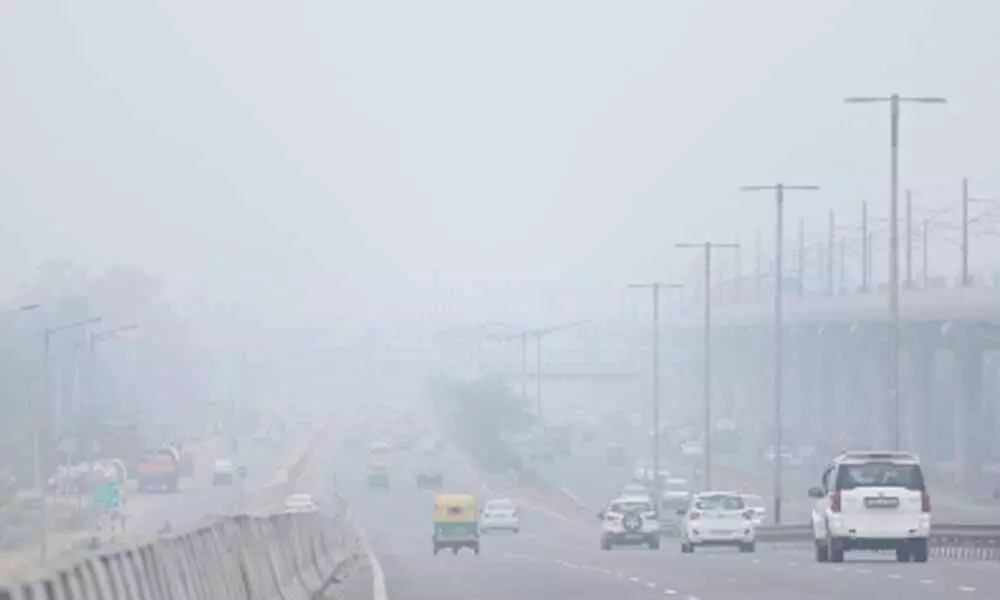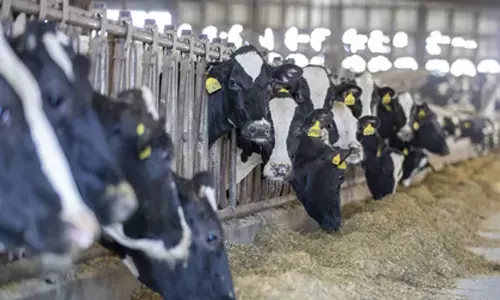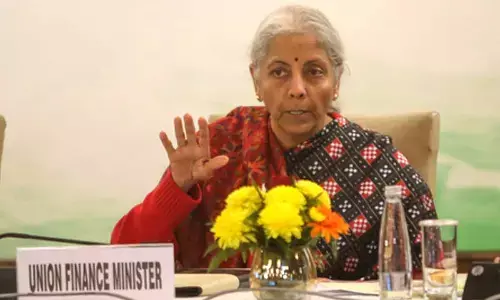Delhi's 'poor' air quality to deteriorate further in 3 days

Delhi's 'poor' air quality to deteriorate further in 3 days (Photo/IANS)
The air quality of the national capital remained in the poor category on Thursday as the forecast said AQI will likely deteriorate in the next three days by Sunday. This could prove acutely hazardous for Covid patients in the capital.
New Delhi: The air quality of the national capital remained in the poor category on Thursday as forecast said AQI will likely deteriorate in the next three days by Sunday. This could prove acutely hazardous for Covid patients in the capital.
Particulate matter of diameter of 2.5 micrometers that is too small to be filtered out of the body remained the main pollutant.
The System of Air Quality Weather Forecasting and Research (SAFAR), which comes under the aegis of the Ministry of Earth Sciences, has attributed the increase in pollution to gradual increase in stubble burning in the adjoining states. Synergized fire count was 399 on October 7.
"The boundary layer wind direction and speed are favourable for the transport of pollutants towards Delhi at present but a shift in the wind direction is forecasted which is likely to extend the moderate air quality condition for a few more days," the air quality forecasting system stated.
According to the data of the Central Pollution Control Board, out of 35 pollution monitoring stations, the air quality index in as many as 17 stations is in the poor category -- while 15 stations recorded the index in the moderate category, four were non-functional.
The area near the Delhi Technical University recorded the highest AQI at 290.
With stubble burning in northern states the air pollution reaches a crescendo in Delhi-NCR every winter, when pollutants combine with the suspended water droplets in the lower atmosphere to form a thick blanket of noxious smog, thus creating health hazards for the residents.
Burning of stubble in the agricultural states surrounding Delhi marks the beginning of a highly-polluted period. The farmers harvest paddy in October, which leaves them about three weeks before the next round of wheat sowing is to begin.
With cheap labour no longer available, and with machinery to extract the crop residue or stubble expensive or unavailable, the farmers resort to the easiest possible option, which is to burn the fields.
According to Piyush Goel, Pulmonology and Critical Care specialist at Columbia Asia Hospital, stubble burning is one of the major reasons of poor air quality in the city that causes serious health problems such as asthma and chronic obstructive pulmonary disease (COPD).
Goel said that increase in pollution poses a threat to a lot of Covid-19 patients with underlying asthma and Chronic obstructive pulmonary disease.
"Till last year, the number of patients reporting breathing problems after stubble burning began increased by 30-35 per cent than the rest of the year."















